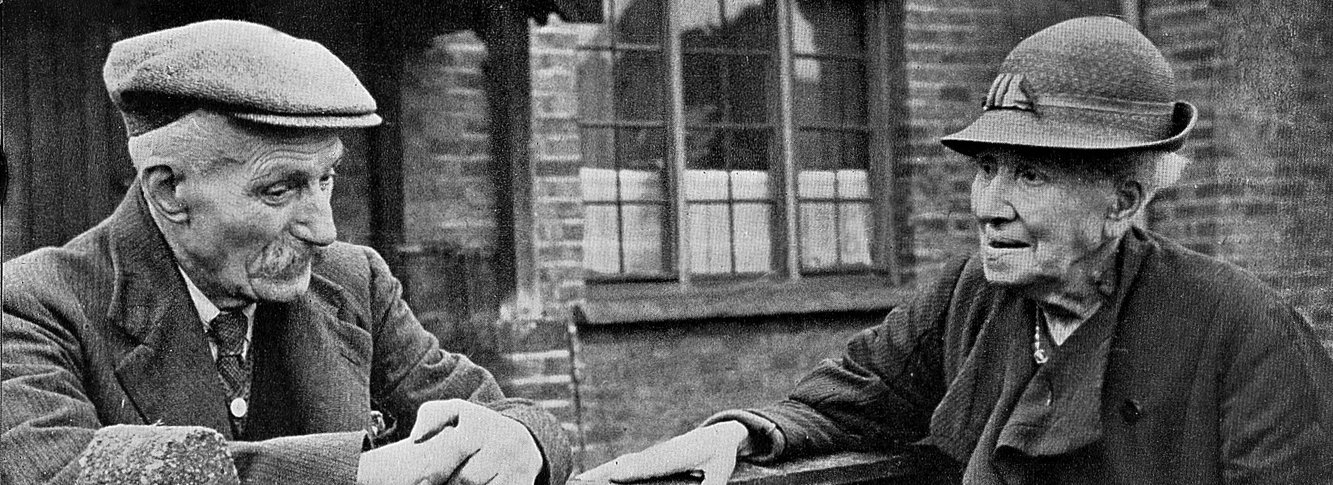| 1 min read
This article considers the argument by Tim Vlandas, in this issue, that an ageing electorate may undermine democracies’ ability to make the right economic choices. Vlandas suggests that the emergence of gerontocratic politics may give rise to ‘gerontonomia’: an economy run for the old, at the expense of younger generations and of future prosperity. However, evidence from the UK suggests a more mixed picture. Age-based voting patterns have been consequential around single issues, not least the 2016 Brexit referendum. However, voters’ interests in broad economic policy models are not easily reducible to age dynamics, and intergenerational politics are filtered through a set of normative and affective considerations beyond straightforward self-interest. Moreover, since the rational interests of different age groups do not speak for themselves, cueing by political elites is potentially significant and may be contributing to older voters’ relative tolerance of a poor economic record.
Need help using Wiley? Click here for help using Wiley







